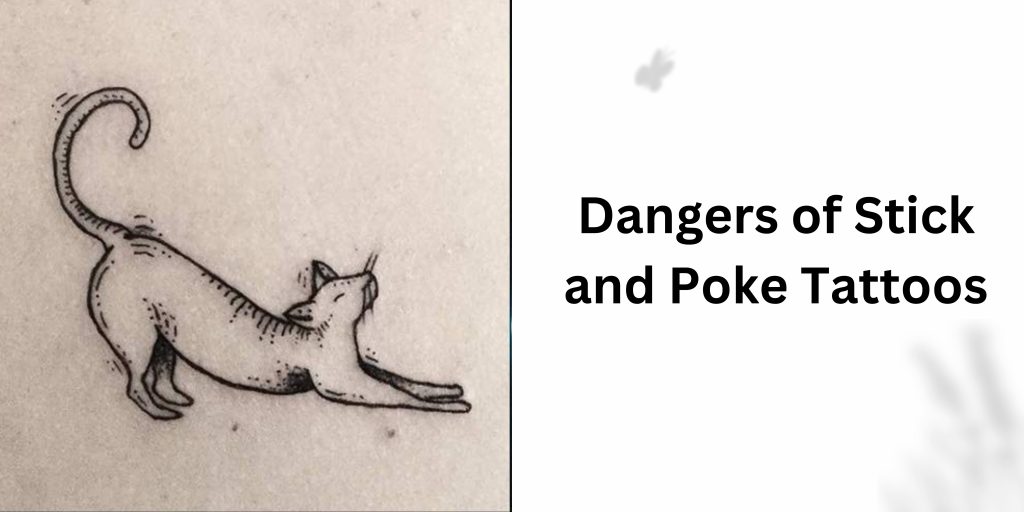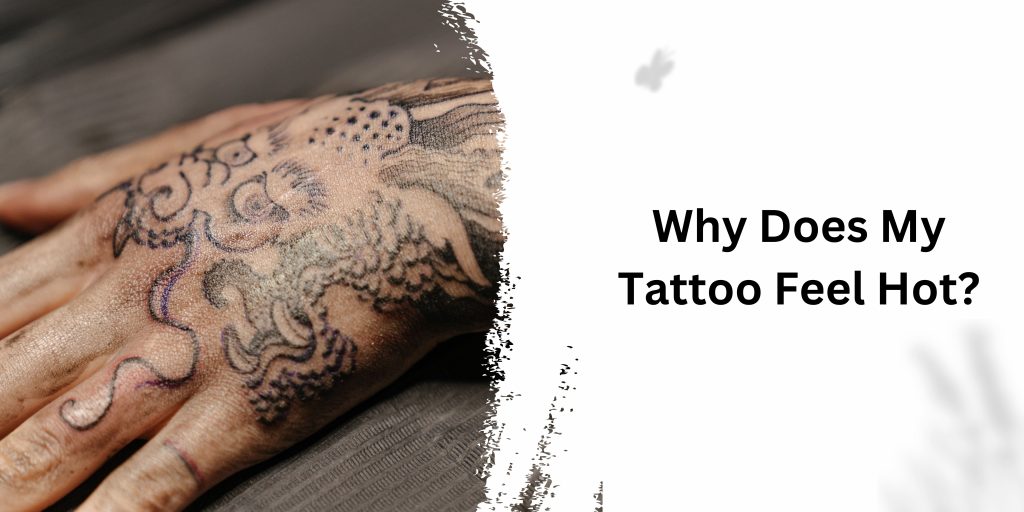Tattoos are more than just ink on the skin; they’re personal expressions, stories etched into flesh. However, what happens when the inked masterpiece turns into a regrettable disaster? The burning question on many minds: Can you sue a tattoo artist for bad work or any infection?
Defining “Bad Work”
Before diving into the legal waters, it’s crucial to understand what constitutes “bad work” in the realm of tattoos. Tattoos are subjective, and what one person considers a masterpiece might not resonate with another. However, there are objective standards, including hygiene, professional conduct, and skill.
If the tattoo artist fails to maintain a sterile environment, uses subpar materials, or breaches professional ethics, you might have grounds for a legal claim. Additionally, if the final result deviates significantly from the agreed-upon design, the question of bad work becomes more tangible.
Understanding the Legal Landscape
Tattooing is not just an art; it’s a contractual agreement between the artist and the client. When you sit in that chair, you’re essentially signing an invisible contract that binds both parties. If the artist fails to deliver the promised quality or violates industry standards, this contract might be breached, paving the way for legal recourse.
Sarah, disappointed and disillusioned, wonders if she can sue the tattoo artist. The answer lies in the terms of the contract, the state’s regulations, and the severity of the deviation from industry standards.
Read More: Can You Tattoo Over Nexplanon Implants?
In Pursuit of Justice: Steps to Take
- Documentation is Key: Before considering legal action, document everything. Take clear photos of the tattoo from different angles, note the date and time of the appointment, and keep any communication with the artist. This visual evidence can be invaluable in court.
- Consultation with Another Artist: Seek a second opinion from a reputable tattoo artist. Their professional evaluation can provide insights into the quality of the work and serve as an expert opinion in legal proceedings.
- Know Your Rights: Understanding your rights as a consumer is crucial. Research local tattoo regulations, familiarize yourself with the terms of the contract, and check if the artist holds the necessary licenses. Knowledge is power, especially when facing a tattoo gone wrong.
- Communication with the Artist: Before heading to court, consider discussing your concerns with the tattoo artist. Miscommunications and misunderstandings can sometimes be resolved amicably, avoiding the legal route altogether.
Legal Hurdles: Challenges in Suing a Tattoo Artist
Suing a tattoo artist for bad work is not a straightforward journey. The legal system often requires proving negligence, breach of contract, or malpractice, which can be challenging. Additionally, the subjective nature of tattoo art makes it difficult to establish universally accepted standards for quality.
Sarah, now armed with documented evidence and a second opinion, faces the uphill battle of proving that the artist’s work falls below acceptable standards, breaches the contract, or is a result of negligence.
The Verdict: Is Legal Action Worth It?
Deciding whether to sue a tattoo artist involves weighing the costs, both financial and emotional. Legal battles can be draining, and the subjective nature of tattoo art adds complexity to the case. However, for some, the pursuit of justice and the desire to rectify a permanent mark on their body outweigh the challenges.
Sarah contemplates the potential consequences of legal action. Will she recover the financial cost of the tattoo? Can she reverse the damage done to her skin? These questions linger as she stands at the crossroads of personal choice and legal recourse.
Read More: Can You Fly With a Fresh Tattoo
Conclusion
In the inked odyssey of Can you sue a tattoo artist for bad work, the journey is as intricate as the designs themselves. Navigating the legal maze requires a careful blend of documentation, knowledge, and determination. As Sarah reflects on her tattoo ordeal, she realizes that the pursuit of justice is a personal decision, unique to each individual facing the inked dilemma.
In the end, the ink on the skin tells a story—one of choices, challenges, and the quest for resolution. Whether the tale concludes in a courtroom or through alternative means, the permanence of tattoos serves as a reminder that, just like life itself, the ink we choose can be both beautiful and complex.







